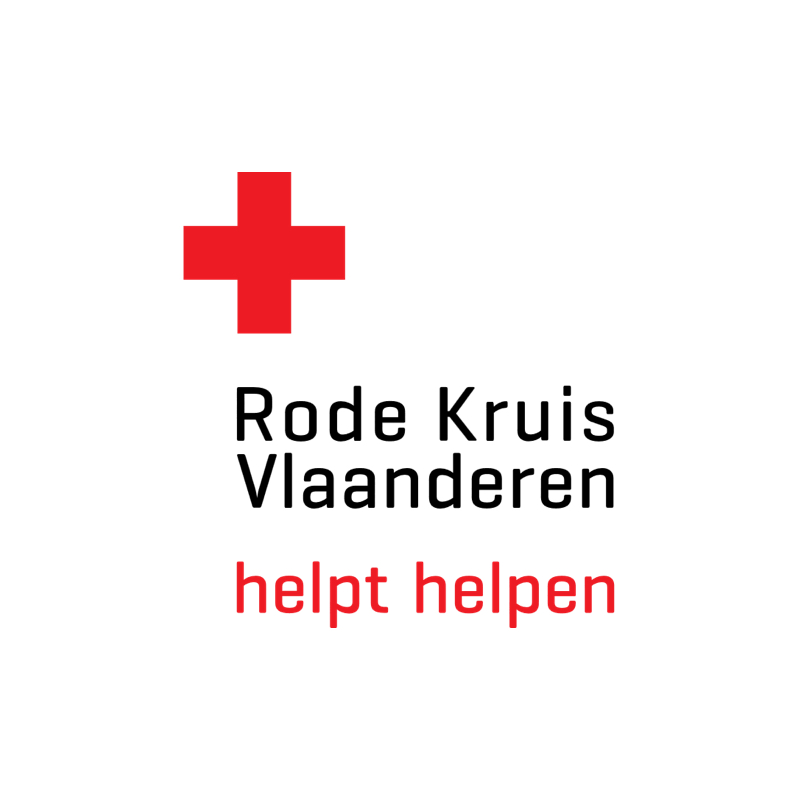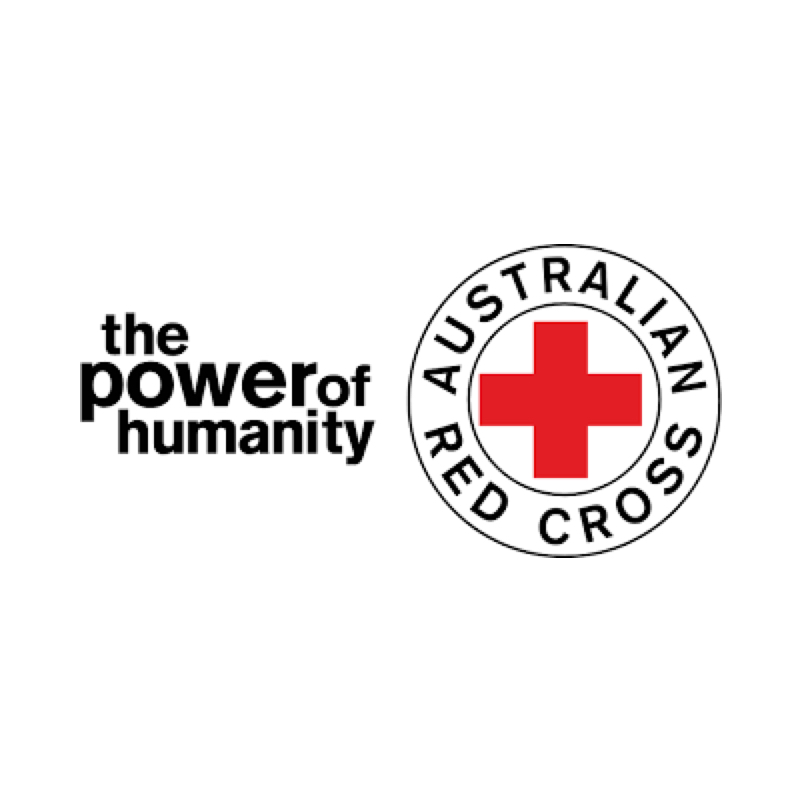Government and Institutions

In 2014, Germany’s Federal Foreign Office decided to launch the Action Plan for Humanitarian Adaptation to Climate Change, recognizing the increased need of humanitarian assistance after disasters.
Within the framework of this action plan and under the coordination of the GRC FbF has been jointly developed – with partners such as the World Food Programme, the Red Cross Red Crescent Climate Centre, the International Federation of Red Cross and Red Crescent Societies, UNOCHA, Welthungerhilfe and research institutes.
Policy advances on Forecast-based Financing
The IFRC committed to expand its engagement in FbF in the framework of the World Humanitarian Summit in 2016 by pledging to increase the use of FbF and its integration in the financing of global disaster risk management. Building on these commitments, in 2017 the IFRC finalised its Framework for Climate Action towards 2020, identifying FbF as a key priority in reaching targets to address climate change.
The need for better early warning, early action, anticipation of disasters and crises, enhanced preparedness and investing in risk reduction has been recognised in various global policy processes such as the Sendai Framework for Disaster Risk Reduction, the Sustainable Development Goals, the Paris Agreement, the World Humanitarian Summit and the Agenda for Humanity, as well as in several humanitarian resolutions of the United Nations General Assembly.
Thanks to the execution of an anticipatory humanitarian approach and the carrying out of early warning and early action through FbF, “Communities are better prepared for predicted weather events and new extremes, with preventative measures and resources for implementation ahead of impact”, the IFRC reports.
























